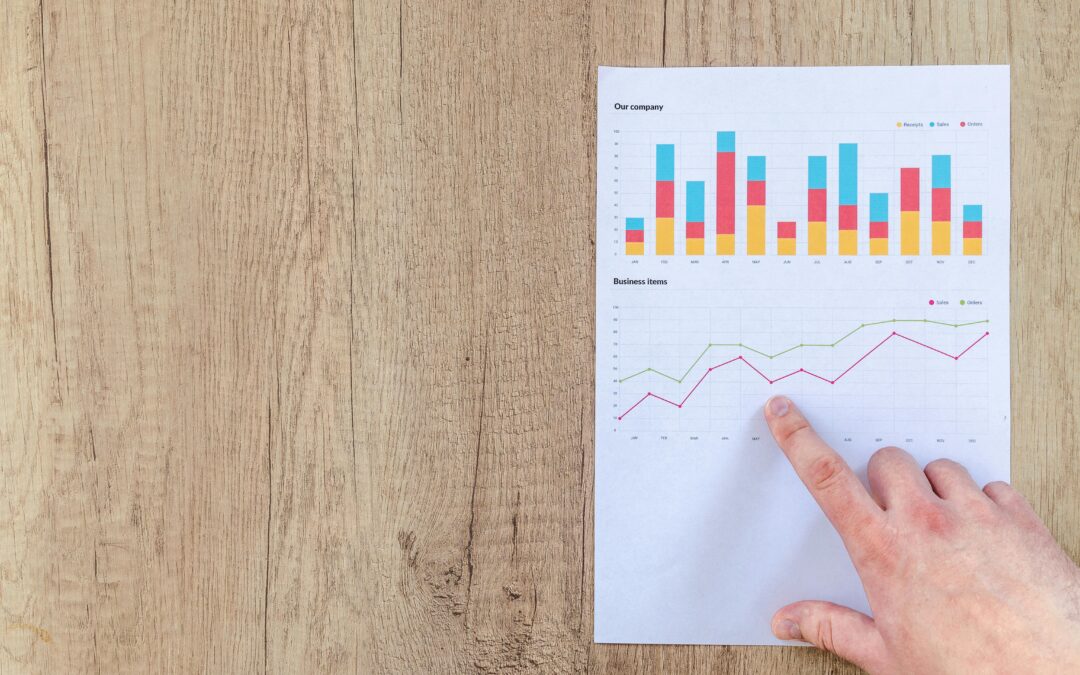Using statistics and data is an excellent way of summarising your arguments and shows readers that your article is backed up by research. From an E-E-A-T perspective they’re pretty much essential too. By linking to reliable sources of data, that tells Google your article is authoritative.
It’s worth seeking out data and statistics from more respected sources. Here are eight examples of where you can get this data for free.
8 trustworthy online data sources
Through both my freelance copywriting and my journalism, I regularly use the following kinds of sources when searching for reliable facts and figures. You may not always find the data you’re looking for on the following websites – but search for similar organisations and you might just find the numbers you’re looking for.
1. The World Bank FOR macroeconomic data
If you’re ever looking for data about countries, economic conditions or industry, the World Bank is an excellent and trustworthy source. They collate and verify data from government agencies in countries right across the world, as well as conducting their own surveys and rankings.
The World Bank has a number of data sites. If you’re looking for the broadest data sets, head over to World Bank Data Catalog – it can be a bit of a fiddle to use, but does throw up some really fascinating stuff on development and GDP. Another handy World Bank dataset is their Business Ready rankings, where you can compare countries by various metrics, such as how many days it takes to set a company up, or rates of taxation.
Another option is the IMF who also have datasets (and a clunky website).
2. Statista FOR stats on markets
Want to know how much broadcasters pay to distribute the NFL or the number of smartphones sold worldwide last year? There’s a decent chance Statista will have the numbers. It’s worth saying that a lot of their data is behind a paywall, but many statistics are freely available and they collate a surprising amount of data on a huge range of topics related to businesses and markets.
3. CIA World Factbook FOR general data
Need a quick and reliable source for data on specific countries? The CIA’s World Factbook is a decent place to look. You can find all sorts of information about countries, from the number of kilometres of surfaced roads in the place to the amount of electricity they generate.
4. YouGov FOR public opinion
How many people believe in God? How many holidays do they take? What kinds of exercise do people do? YouGov is a major public opinion polling company who make large amounts of their own data available for free online. The surveys cover all sorts of things, and it’s a good place to start if you’re looking for more ‘fun’ statistics. Gallup, another major polling company is a good alternative.
5. National data portals
Looking for data on specific sectors of the economy, demographics, health figures or financial data? Many national governments provide large amounts of data for free through open data portals. If you’re looking for figures from the UK, the UK Data Service is a good place to start (you can also check out the Office for National Statistics, and there are a few other websites for specific government departments where you can find facts and figures on things like health, labour, environmental protection and so on). Outside the UK, the EU’s Open Data Portal is pretty good, while the USA’s Data.gov website is also reliable.
6. Statistics from reliable companies
There are several companies who have a reputation for providing trustworthy statistics. These include the big consultancies (PwC, McKinsey, Deloitte, KPMG, EY) as well as analyst houses (EIU, Ponemon Institute, IDC and so on).
7. Google
The world’s leading search engine also offers a couple of interesting data services. Google’s Dataset Search tool throws up some interesting results and is an attempt to compile data from a very wide range of sources. I also often turn to Google Trends if I’m looking to see what’s popular in the world of search. Want to see which celebrities are getting attention right now, or how much people have searched for a specific theme over the years? Google Trends will tell you.
8. Academic journals
Last but not least, academic journals can be a great source for statistics and data which you can trust. Depending on the topic, you can normally find studies that provide interesting datasets. A couple of my sportswear clients get me to write articles about fitness and exercise – so sports science journals are a great source for stats about things like sports injuries, strength training regimes, or diets.
Google Scholar is a pretty good place to start.
Facts and figures
When producing content for your website, blog, or eBooks, backing up any claims you make with reliably-sourced facts and figures is a must.
If you need to produce content that is backed up by thorough research, I can help. I’ve worked as a researcher on European Commission projects, written articles for the likes of BBC and Reuters and have worked with some of the world’s leading brands and consultancies to produce content their readers can trust. Contact me today about your project.
